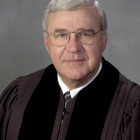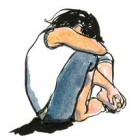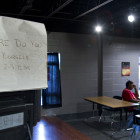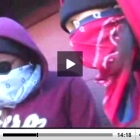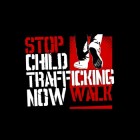
The Other Side of the Rainbow: Young, Gay and Homeless in Metro Atlanta
|
["The Other Side of the Rainbow: Young, Gay and Homeless in Metro Atlanta" is part 1 of a 3 part series on LGBT issues. Bookmark this page for updates.]In April 2008, Brian Dixon was 18-years-old and homeless. Being gay, he says, only exacerbated his predicament. After allegedly enduring years of mental and physical abuse, at age 14 Dixon left home to live with his grandparents. Within a year, they placed him in Georgia’s foster care system.


